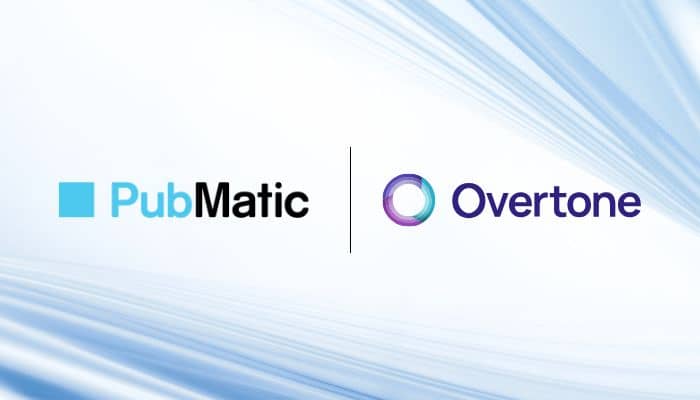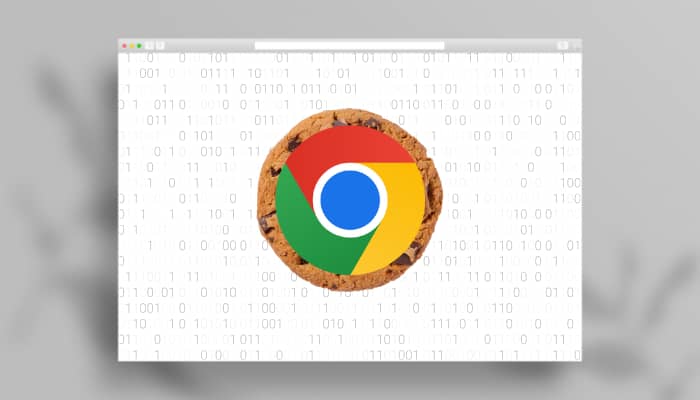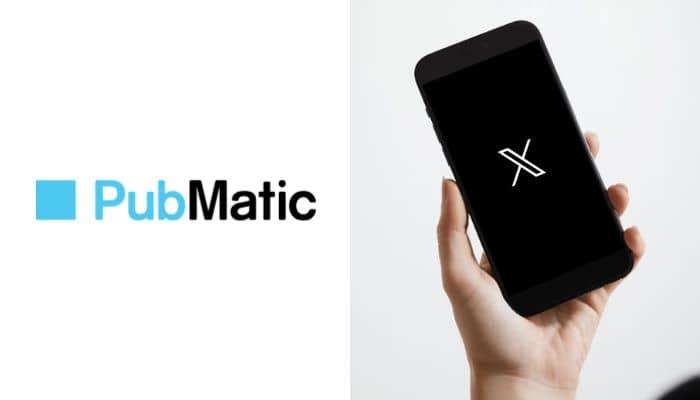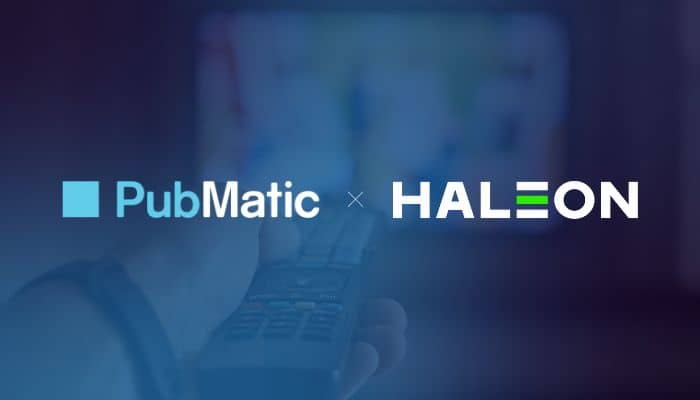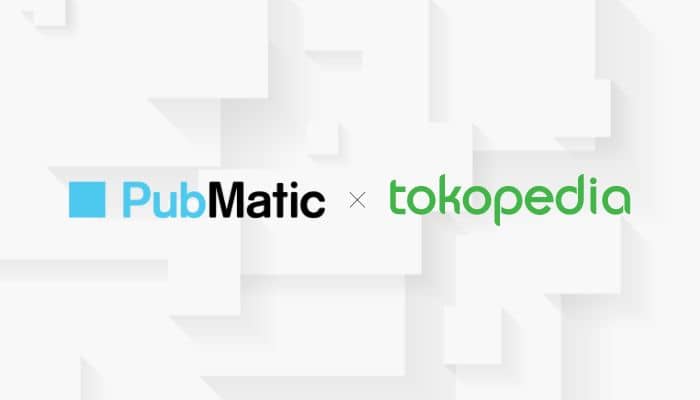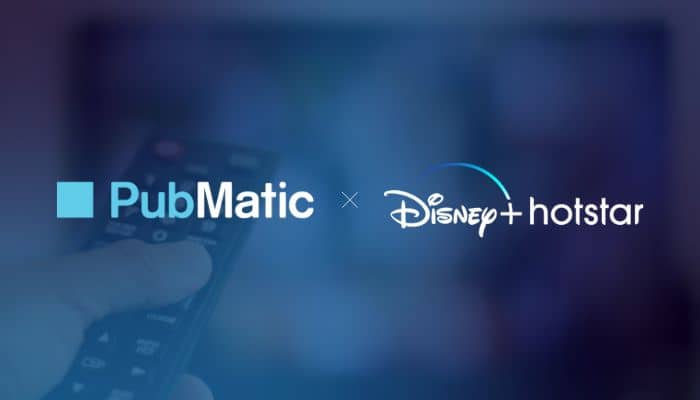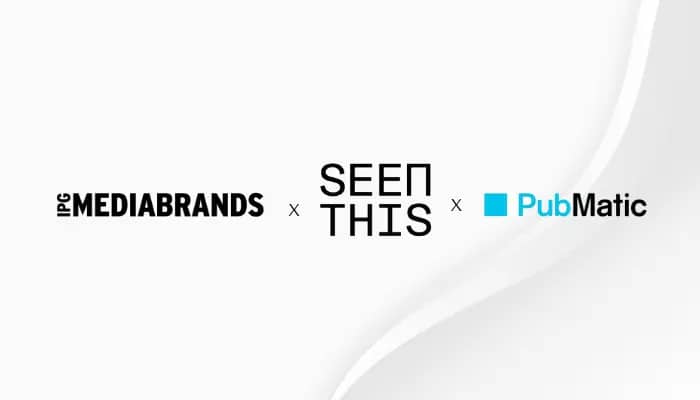With Google previously stating that they will not deprecate third-party cookies at all, the tech giant has recently stated that it will still keep third-cookies in its Google Chrome system, albeit with promises from Google to enhance tracking protection for consumers. For instance, Chrome’s Incognito mode will continue to block third-party cookies by default, and new features like IP Protection—slated for rollout in Q3 2025—will further enhance private browsing.
Moreover, Google stated that with cookies sticking around for now, Google is reevaluating how its Sandbox APIs can best support the ecosystem.
It is worth noting that this comes as a surprise for everyone in the industry, especially how most of advertisers have already prepared for the eventual sunset of third-party cookies in favour of more privacy-centric alternatives like using first-party cookies.
With Google showing no signs of phasing out third-party cookies anytime soon, what sentiments advertising leaders have with this news? And what are they doing currently in response to this? To answer these questions, MARKETECH APAC recently spoke with industry leaders to learn more whether this news should come as a concern or not for the future of the advertising industry.
Genelle Hung, country manager for SEA at PubMatic
Google’s tracking protections are one step, but the real transformation has already been happening. It’s been driven by tech partners, publishers, and even brands who are building privacy-first solutions. After the first of many announcements regarding the possible deprecation of the cookie, we saw a surge in tools like AI-powered contextual targeting, alternative IDs, and privacy-safe data collaboration, particularly with sell-side targeting.
And while Google’s privacy sandbox was a key area of exploration and testing across the industry, these broader solutions that emerged aren’t just band-aids. They are the foundation for a more open, innovative and privacy-safe ad ecosystem. PubMatic has invested significantly in these hybrid approaches, ensuring our clients can leverage both emerging technologies and existing infrastructure for maximum impact. These solutions are being developed by the entire industry, not just one company.
The future of privacy will not be defined by one company. We should continue with open collaboration, across the whole industry, to create privacy-safe tools and standards that work for everyone, not just the biggest players. That means making sure new solutions like commerce media data, sell-side curation and targeting, alternative signals are accessible and interoperable.
Google can play a vital role by championing open standards and transparently engaging with the industry to develop privacy solutions in a truly collaborative spirit. Privacy innovation isn’t about which company is driving the solution, it’s about making sure transparency, fair economics, and real consumer choice is at the centre.
Sally Ng, managing director, North Asia at Quantcast
Google’s moves are necessary and influential, but probably not sufficient on their own to make the entire industry privacy-first. It’s a collective effort — involving regulators, other tech giants, brands, agencies, and ad tech vendors — to truly shift from a data-maximisation mindset to a privacy-by-design model. While the timeline on third-party cookie deprecation remains unclear, I believe the destination remains the same: that is, for the world’s digital ecosystem to become a more privacy-conscious one.
This is a valuable time for marketers, publishers, and technology partners to continue testing, learning, and building solutions that are resilient, respectful of user choice, and capable of delivering performance in a world without third-party cookies. It’s an opportunity to accelerate collaboration across the ecosystem — and ensure that when the transition does happen, it’s done responsibly and sustainably.
At Quantcast, we’ve been preparing for a cookieless world for years. Our AI-driven approach and real-time audience insights already operate effectively across environments with limited identifiers. Our view is that the shift toward privacy-centric marketing is inevitable, and those who act now will be best positioned to lead in the next era of digital advertising.
Niall Hogan, general manager (JAPAC) at GumGum
Google’s decision to roll back on the phase-out of third-party cookies signals a reluctance to let go of outdated advertising models that may no longer be the best fit for today’s adland. Across JAPAC, we’re seeing rising expectations from consumers for greater transparency, control, and respect in how their data is used.
Brands that continue relying on surveillance-based tactics risk falling behind – not just in performance, but in consumer trust. By pivoting towards attention-based solutions that enable relevant, respectful engagement without compromising privacy, we can instead focus on building the privacy-first strategies consumers have already been calling for.
Becky Leng, managing director at NP Digital Singapore
Google’s decision – one that is closely timed with the intensifying scrutiny of its antitrust case – certainly appears to be a strategic one. By keeping cookies on the playing field, Google may be trying to show regulators that it’s not limiting competition by giving other players continued access to data, rather than offering only its Privacy Sandbox solutions.
However, this slows the industry’s shift toward more privacy-conscious advertising, and marks a wake-up call for brands to actively work towards avoiding the risk of eroding consumer trust. I believe that now is the moment for brands to future-proof their strategies with a diversified marketing mix: Strengthening first-party data strategies, rethinking measurement, and investing in sustainable channels like content, SEO, and contextual advertising.
But beyond these strategic fixes, it should also be about getting back to the fundamentals of great marketing – being creative, empathetic, and truly understanding your audience. When brands build their messaging around real insights and consumer intent, they create more meaningful, trust-driven connections that don’t depend on invasive signals. After all, privacy-first strategies aren’t just about keeping up with platform shifts, but about building long-term consumer trust
Garrett McGrath, SVP, Product Management at Magnite
This continuation of legacy web addressability in Chrome has given the industry a collective sigh of relief, allowing the open web to continue to flourish while preparing for its next chapter. The digital landscape continues to evolve rapidly due to increasing privacy regulations, massive growth in non-web environments, and acceleration in cross-screen/omnichannel campaigns.
Magnite sees this latest third-party cookie postponement as a welcome admission of the challenges with Privacy Sandbox proposals and a near term boon for the open web. However, this does not change our strategic focus on the importance of first-party signals and ensuring publishers and consumers retain control of addressability, principles Magnite has championed for many years.
We continue to innovate on privacy-centric solutions that deliver value to publishers, advertisers, and consumers alike, maintaining our commitment to contributing to a more sustainable digital ecosystem that respects transparency and user choice.
Geoffroy Martin, CEO at Ogury
Google’s latest shift doesn’t alter the course of history. Identifiers have already vanished from more than half of the open web — and this proportion continues to grow, driven by consumer expectations, regulatory pressure, and platform fragmentation.
At the same time, a significant portion of ID-based signals will remain available. That’s why the real challenge is no longer what happens when IDs disappear, but how to effectively operate and perform across both ID-based and ID-less environments. This is the new media reality, and the winners will be those who embrace this hybrid landscape.
The key is to build platforms and data models that work across the full spectrum of addressability, leveraging all signals, whether identity is present or not. While relying solely on identifiers limits reach and creates fragile strategies, ignoring IDs entirely means missing the value that still exists in identity-based signals.
The smart approach isn’t about choosing sides — it’s about intelligently integrating both approaches, in a world that will remain mixed.
Terry Hornsby, executive vice president and founder at Mantis
Google’s decision not to roll out a standalone prompt for third-party cookies in Chrome is significant, but many in the industry have been preparing for multiple scenarios all along. The reality is, advancements in alternative targeting approaches shouldn’t go to waste just because cookies are sticking around longer than expected. The industry has made substantial progress with contextual solutions that can identify interests in specific environments – such as gardening enthusiasts browsing sports content – without necessarily needing to know who the person is.
This not only supports advertisers in maintaining performance but also empowers publishers to better monetise their content by aligning ad relevance with context rather than identity. In turn, this means a more balanced ecosystem, where advertisers have the opportunity to blend approaches, extending beyond the current environment while still respecting the broader direction toward privacy.
Will Harmer, chief product officer at Utiq
Google’s latest move to delay the demise of third-party cookies is not a product decision – it’s deliberate procrastination. Just weeks after the U.S. Department of Justice formally labelled the company a monopolist in digital advertising, we are now expected to believe that yet another “pause” in cookie deprecation is in the name of user privacy?
Let’s be clear: this is not a pivot. It’s a stall – a regulatory negotiation disguised as a product roadmap update. The timing is no coincidence. And the consequences are clear. Every time the industry waits, Google wins.
The industry has spent the last five years acknowledging – and preparing for – the end of third-party cookies. Why? Because they don’t work. They leak data. They slow the web. They offer poor match rates. And they leave publishers blind to who’s accessing their audiences.
Holding onto this outdated technology does not solve the privacy challenge – it extends it. Third-party cookies are a relic of a time before user consent was mandatory, before data governance mattered, and before regulators began enforcing real accountability. We cannot build a privacy-first future on yesterday’s infrastructure.
Publishers, advertisers, and tech providers now face a critical decision. Stay shackled to a monopolist whose every move is under regulatory fire – or choose independence through new models of identity and trust.
Brands already see what’s coming, with the smart ones clearly prioritising privacy-compliant identity partners. This is not a fringe movement. This is the future of digital marketing. Google’s indecision changes nothing – except the urgency with which we must act. Now is not the time to wait and see. Now is the time to commit. The industry doesn’t need more delays. It needs leadership. Let’s move forward. Together – without Google and without third-party cookies.
***
Despite Google’s plans to keep third-party cookies in Chrome after all, advertisers are increasingly unfazed. The industry has already begun pivoting toward more privacy-centric strategies, driven by evolving consumer expectations, regulatory pressures, and the growing adoption of alternative identifiers and first-party data solutions. This shift underscores a broader recognition that the future of digital advertising lies in building trust and transparency, not clinging to legacy technologies. Advertisers should see Google’s postponement not as a reason to pause, but as further validation that proactive, privacy-forward innovation is the path forward—and the time to act is now.


